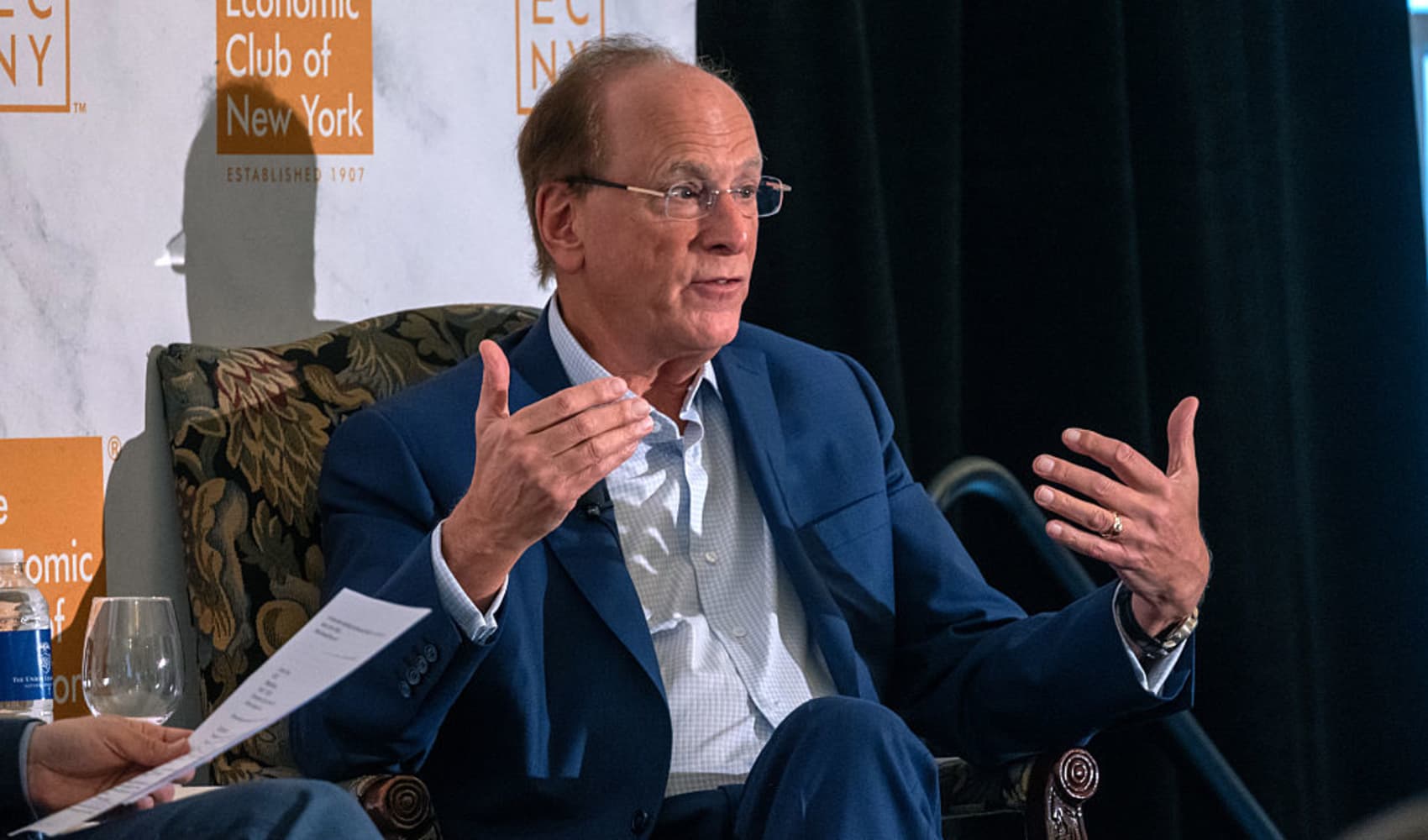
Kelly Evans, Co-Host of CNBC’s Power Lunch
Well. I'm trying not to be annoyed at the stock market. But come on. The Dow rallied 1000 points from Monday's lows through today's close--right before the president's big tariff announcement. Then, when we finally got the actual details, it gave it all back.
So much for "it might not be as bad as feared," "it might be gradual," "it might be phased in." Instead, we got 34% tariffs on China--on top of the previous 20% the administration has already announced. 46% on Vietnam. 26% on South Korea. All of these reciprocal tariffs, detailed here, go into effect next Wednesday. And a baseline 10% universal tariff goes into effect this Saturday.
J.P. Morgan quickly ran the numbers, and expects this to equal about $400 billion in tariff revenue. The gazillion dollar question is what the administration intends to do with it. Pay down the $2 trillion deficit? Abolish the $2 trillion we collect from income taxes? It will have to be something pretty blockbuster, because otherwise, that amounts to a $400 billion U.S. tax hike--the biggest we've had, as a percent of GDP, in almost 60 years.
Greg Ip of The Wall Street Journal noted this could be as big a financial shock as a $50 a barrel oil tax, or a $3 a gallon gasoline tax. "This impact alone could take the economy perilously close to slipping into recession," J.P. Morgan's team wrote. That's why the 10-year Treasury yield is falling, not rising, in reaction to the tariff plans. In fact, it's almost slipped sub-4% tonight.
And maybe that's the point. The Treasury Secretary has been clear that he wants to see bond yields fall. That would certainly help the housing market, which the CEO of RH on their call tonight said is the worst "in almost 50 years." (Shares of the company, formerly called Restoration Hardware, are down 26% after hours.)
Is that enough to offset the hit that companies like Walmart and Nike are taking? Both are seeing their shares fall about 7% after hours. But Oren Cass of American Compass shrugged off the potential consumer hit that tariffs pose in a recent WSJ interview, noting that only 15% of our GDP even comes from imports.
"Even very substantial tariffs on imported consumption [are] nothing like what we went through over the past few years," he told What's News, "with 10% inflation in a single year hitting everything you're trying to buy."
Money Report
And while many are bracing for the business fallout, Cass pointed to the Reagan administration spurring Japanese automakers to move swaths of their production to the American South as a precedent for what we could see now.
But will the economy be able to avoid a recession as this all plays out? To answer that, watch the labor market. New jobless claims have so far stayed low this year even as consumer and business sentiment has plunged. If that changes, or the monthly jobs reports go negative, that will be the tell.
Get a weekly recap of the latest San Francisco Bay Area housing news. Sign up for NBC Bay Area’s Housing Deconstructed newsletter.
And if so, you could imagine the Federal Reserve cutting rates further, or restarting "quantitative easing." But let's not get too ahead of ourselves just yet. A lot could still happen between now and the market close tomorrow.
See you at 1 p.m!
Kelly






